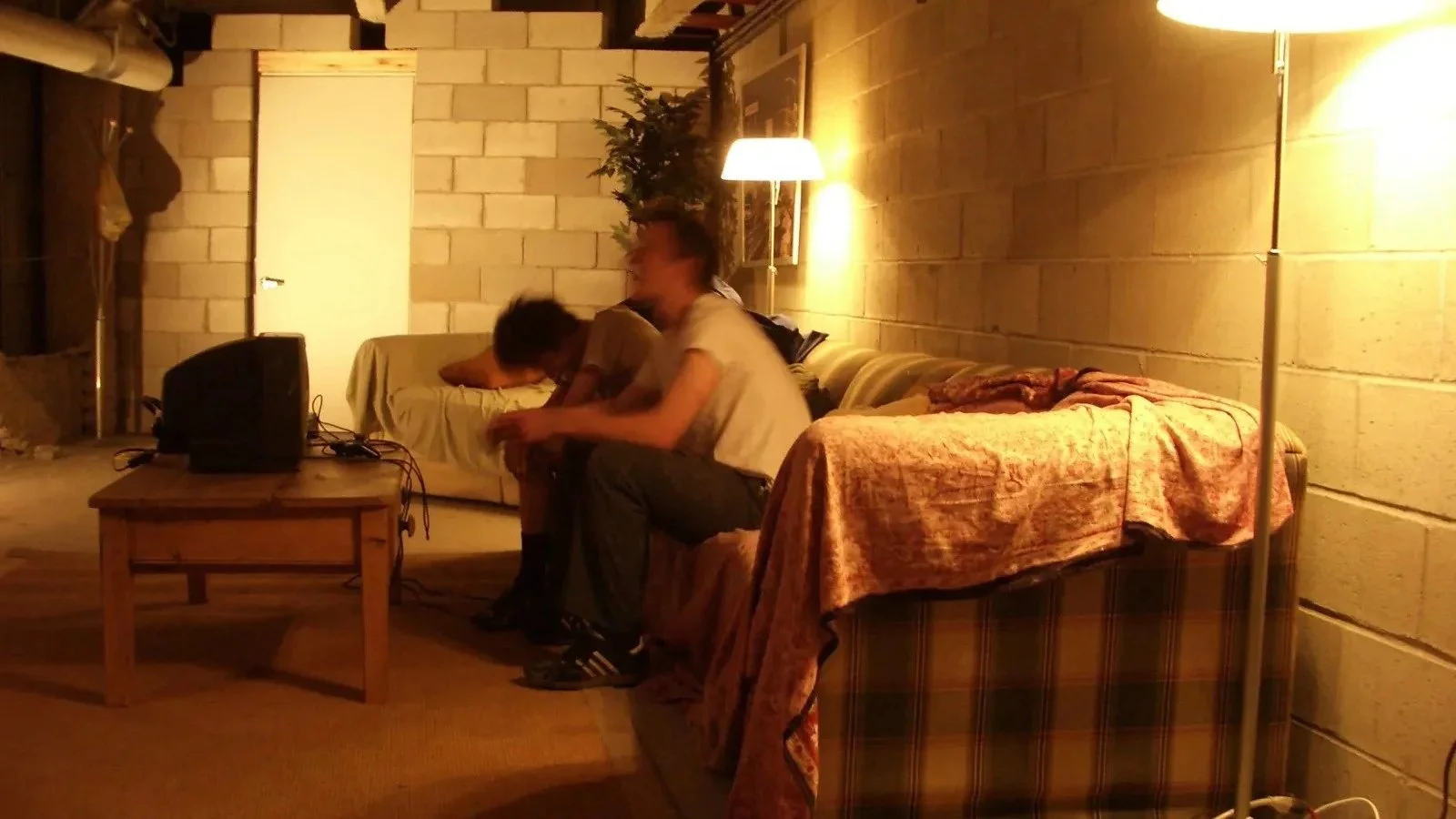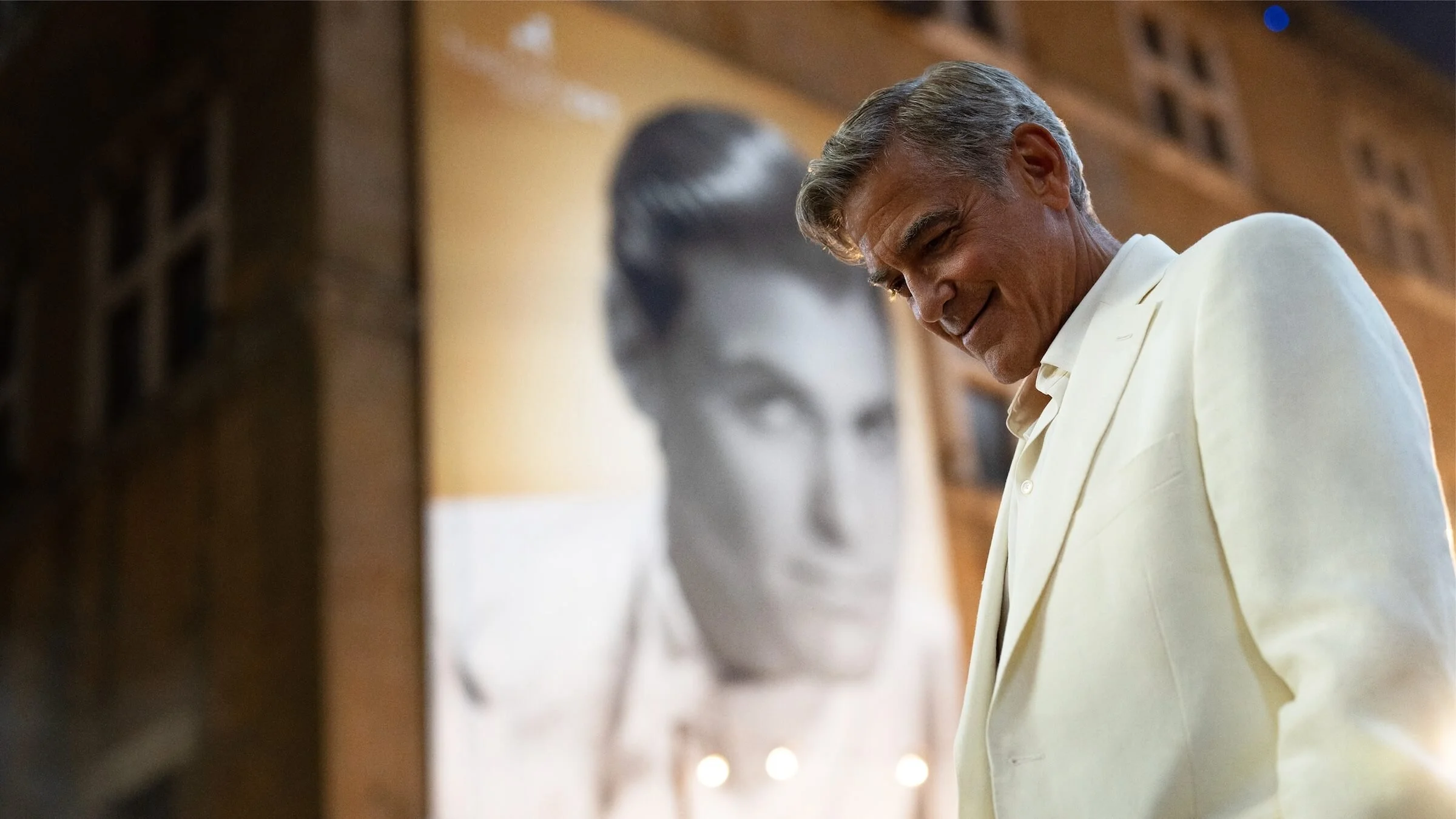Review: Armageddon Time (2022)
Nostalgia is a longing for the past, and it often involves pain. Movies that trade in nostalgia usually capture the longing, looking on the past with warm contentment and a wistful joy at what has come and gone. These same movies rarely capture the pain and regret that also permeate nostalgia, the feeling that something is lost, with the opportunity to make things right forever out of reach. James Gray’s Armageddon Time is one of the exceptions.
This semi-autobiographical film depicts Gray’s childhood in Queens in 1980. It follows a stand-in for Gray, Paul Graff (Banks Repeta), a 12-year-old Jewish boy who doesn’t quite fit in at home or school. On the first day of class in Grade Six, he gets in trouble for drawing a sketch of his teacher and ends up befriending a black boy, Johnny (Jaylin Webb), who is also disciplined for goofing off in class. The two become fast friends and bond over their shared dreams for the future: Paul to become an artist, Johnny to become a NASA astronaut.
The film charts their friendship, as well as Paul’s relationship with his kindly grandfather, played by Anthony Hopkins, his ambitious mother, Esther (Anne Hathaway), and his exasperated father, Irving (Jeremy Strong). From the description, you’d think the film is a kindly look at past relationships, but whatever comfort is here is clouded with misgivings and misunderstandings. Armageddon Time is a coming-of-age story, but rather than a maturation, the growing up involves a dawning realization about the unfairness of the world. It’s quite the film, although liable to leave you feeling a bit unsatisfied, even dismayed. But such is Gray’s aim.
You see, Paul’s Jewishness and the spectre of the Holocaust haunt the film, like Murnau’s Death stalking over the buildings of a German town in his 1926 adaptation of Faust. Paul's parents, his grandfather, his relatives, his cruel older brother, they always remind him that he should be grateful, that his forebears have suffered for him to be where he is, so he needs to make the most of it. But he just wants to draw, and listen to Sugar Hill Gang with Johnny, and launch rockets with his grandpa. The tension between want and need, expectation and desire, fills him with anxiety and indecision.
There is warmth in Armageddon Time, but not all the relationships in the film are warm. While the visions of filled living rooms and shared dining room tables evokes the Jewish warmth and homeliness of Woody Allen’s Radio Days, the film is not offering a rose-coloured vision of the past. Paul loves his mother, but she is not as strong as she projects. Anne Hathaway leverages her heavy eyes and sad smile to full effect here, projecting a woman who carries more than she can bear. Paul is scared of his father, who is liable to kick in the door and whip him with a belt when he gets in trouble, despite his propensity for heartfelt confessions during late-night car rides.
The only unequivocally positive relationship is with his grandfather, who admits to the existence of the world’s harshness, but nevertheless delights in fueling Paul’s creativity and childish excitement. The scenes between Paul and his grandfather are touching and true, oscillating between idyllic visions of familial love and tough reminders of life’s realities. A frank conversation at the park before launching a rocket plays like the conversation every person wishes they had with their grandfather, where brutal realities are conveyed in the right way precisely because they were conveyed by a person whose love is unconditional. They are the moments where the film embodies the true duality of nostalgia, the pain of what is lost, the love of what was. It’s a pleasure to watch Anthony Hopkins in a role like this, displaying a warmth that is so often refused him by filmmakers wanting to leverage his intellectual acumen for cold, dangerous cunning.
During this park scene, Paul’s grandfather challenges him to be a “mensch” and to stand up for those people who suffer from prejudice. He means Johnny, which gets to the crux of the film, because Paul and Johnny’s friendship, while purely motivated, results in ugliness for both boys. Johnny is poor and lives with his ailing grandmother. He’s been held back in school and doesn’t do his homework. He swears and has a cousin who gives him joints. He tells the teacher off and gets frequently suspended and sent to the principal’s office. Paul is drawn to Johnny’s individuality, and he recognizes that he’s also an outsider at school. But he overestimates their similarities.
For despite the persecution that Paul’s family has suffered, they don’t experience what Johnny experiences. They are still leery of blacks, they still warn Paul to lock up his things when they spot a black boy lingering in the alleyway at night, they still complain of the types of kids Paul has to have in his class with them. They still excuse their own misbehaviours and pettinesses and prejudices, using their collective suffering as an excuse to get ahead, get their own, look out for themselves. They may watch in bitterness as Ronald Reagan is elected, bemoaning the fools that voted for him, but they betray a conservative streak in their personal lives.
And so Paul fuels trouble for Johnny, but he doesn’t mean to, and certainly does so accidentally. Which is the tragedy of the whole thing. Clearly, the misgivings still torture James Gray today, which is the motivation for him making this movie at this moment in time, a kind of sober reminder of the complexities of American life and the failures of liberal sentiment when faced with harsh reality.
Thus, the film becomes more of a piece with The 400 Blows than Radio Days or even the recent Belfast. It’s as bitter as it is gentle, as cool in its harsh reminders of the cruelties of American life as it is warm about the loved ones we’ve left behind. It’s a film steeped in nostalgia, but it’s not nostalgic in the sense most people think. It’s about the past, but about how that past has set up the uncertainty and dissatisfaction of the present, not how that warm past has informed the promise of the present.
And yet, still, in its final moments, when Gray returns to a visual motif he employed in The Lost City of Z, a series of dolly pans of empty rooms in Paul’s home, with the camera racing away from the room like it’s bound to the tracks of a train, the frame pulling us away from the home, we’re struck by that pain, that loss, that nostalgic feeling that despite the pain of the past, it’s still preferable to the pain of the present. These shots, and the film as a whole, capture that ineffable feeling of nostalgia, the wistful, the deja vu, the warmth, the sadness, the pain, the longing. The power of Armageddon Time, a film that you may not love, but which engrosses you during its runtime, comes in the fact that it transports us to a time and place that speaks directly to our present. It may be inspired by Gray’s childhood memories, but there’s something here to say to anyone who chases the American dream, or any dream drawn to America’s nostalgic orbit.
8 out of 10
Armageddon Time (2022, USA)
Written and directed by James Gray; starring Banks Repeta, Anne Hathaway, Jeremy Strong, Jaylin Webb, Anthony Hopkins, Ryan Sell, Tovah Reldshuh, Andrew Polk.



Joe Carnahan’s cop thriller starring Matt Damon and Ben Affleck is an enjoyable whodunnit.